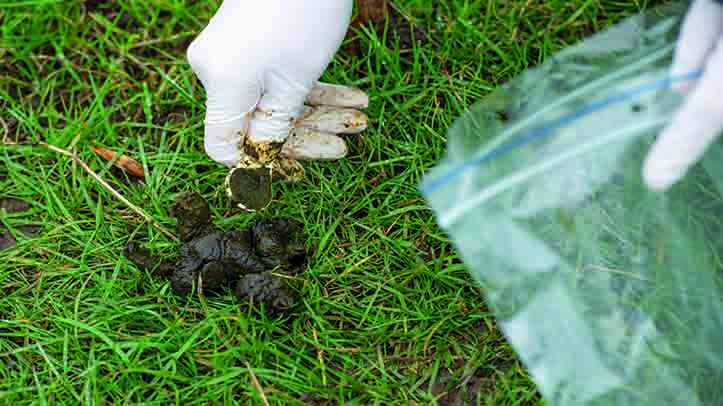Nerys Wright, an independent consultant speaking on behalf of SCOPS, said: “FECs are a great tool at this point in the liver fluke risk period, as the parasite’s lifecycle is at the point where adult flukes may be laying eggs. Earlier in the season, the risk is posed by immature fluke that cause significant damage migrating to the liver but are too young to lay eggs that show up on a FEC.
“We’re lucky to have a range of diagnostic tools available for liver fluke, but it can be complicated to know which to use and when. For the majority of farms, now is the time to use regular FECs to monitor infection. If treatment is necessary, ensure you use an appropriate product. Speak to your vet and/or advisor to make good treatment choices that protect cattle and sheep from disease while also delaying the development of resistance to those products for as long as possible.”


